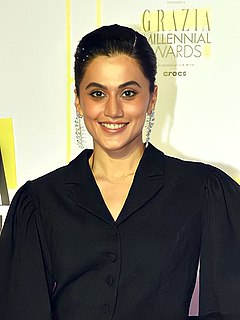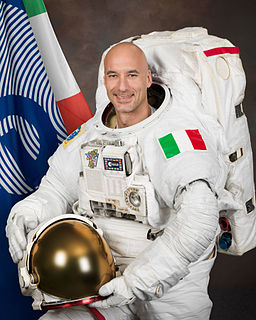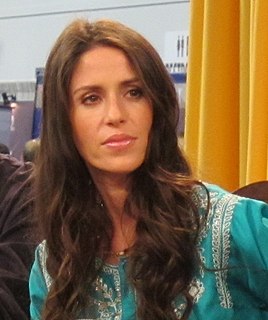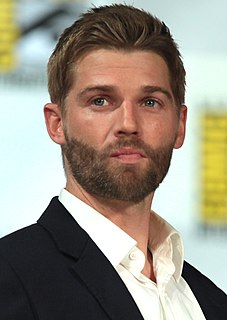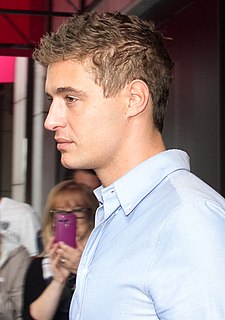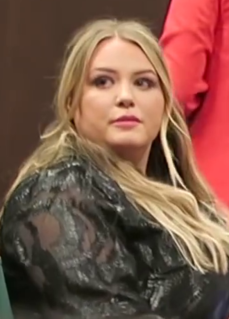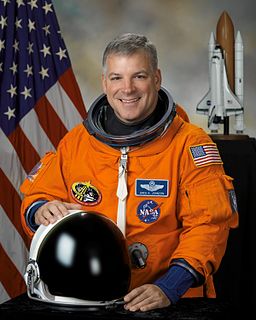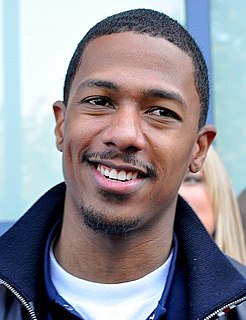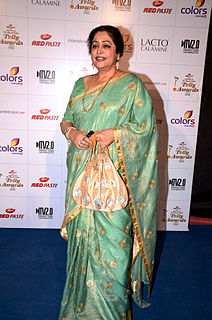A Quote by Taapsee Pannu
As a child, I wanted to be an astronaut, then a fighter pilot, and then later, as I grew up, I was focused on scoring high marks so that I could do an MBA in marketing.
Related Quotes
I wanted to be an industrial designer, so I went to business school for that, and I then went on to marketing at Interpublic Group of Companies, which was one of the first organizations to actually think about brand marketing. I worked on Coca Cola's account, and then I was recruited by Pepsi, and I ended up being Pepsi's first MBA. I was called the High Wire Act because I was in my 20s and I was given jobs of increasing responsibility that I was totally unqualified for.
I grew up in a family where I was told there were no limitations on me as a girl and I could be anything I wanted to be. It wasn't until I joined the military that I realized that just because I was a woman - just because I had ovaries - I couldn't become a fighter pilot.These structural limitations were the motivation for me becoming a fighter pilot in the first place.
Most aspiring child actors or child stars have a passion for it. But as easy as it is for me to say that I wouldn't put my kids in it, if I saw that they really, really wanted to do and they had the drive, then I would fully support it. As long as there's balance at home, then they could do whatever they wanted to do.
I found marketing to be highly descriptive and prescriptive, without much of a foundation in deep research. I brought in economics, organization theory, mathematics, and social psychology in my first edition of Marketing Management in 1967. Today Marketing Management is in its 15th edition and remains the world's leading textbook on marketing in MBA programs. Subsequently, I wrote two more textbooks, Principles of Marketing and Marketing: an Introduction.
If college cut-offs are above 90 per cent in a particular class, then where would mediocre students with 60 per cent or 70 per cent go? Students who secure 60-70 per cent marks are also intelligent, but they could not get admission in courses of their choice for scoring lower marks than the toppers.
